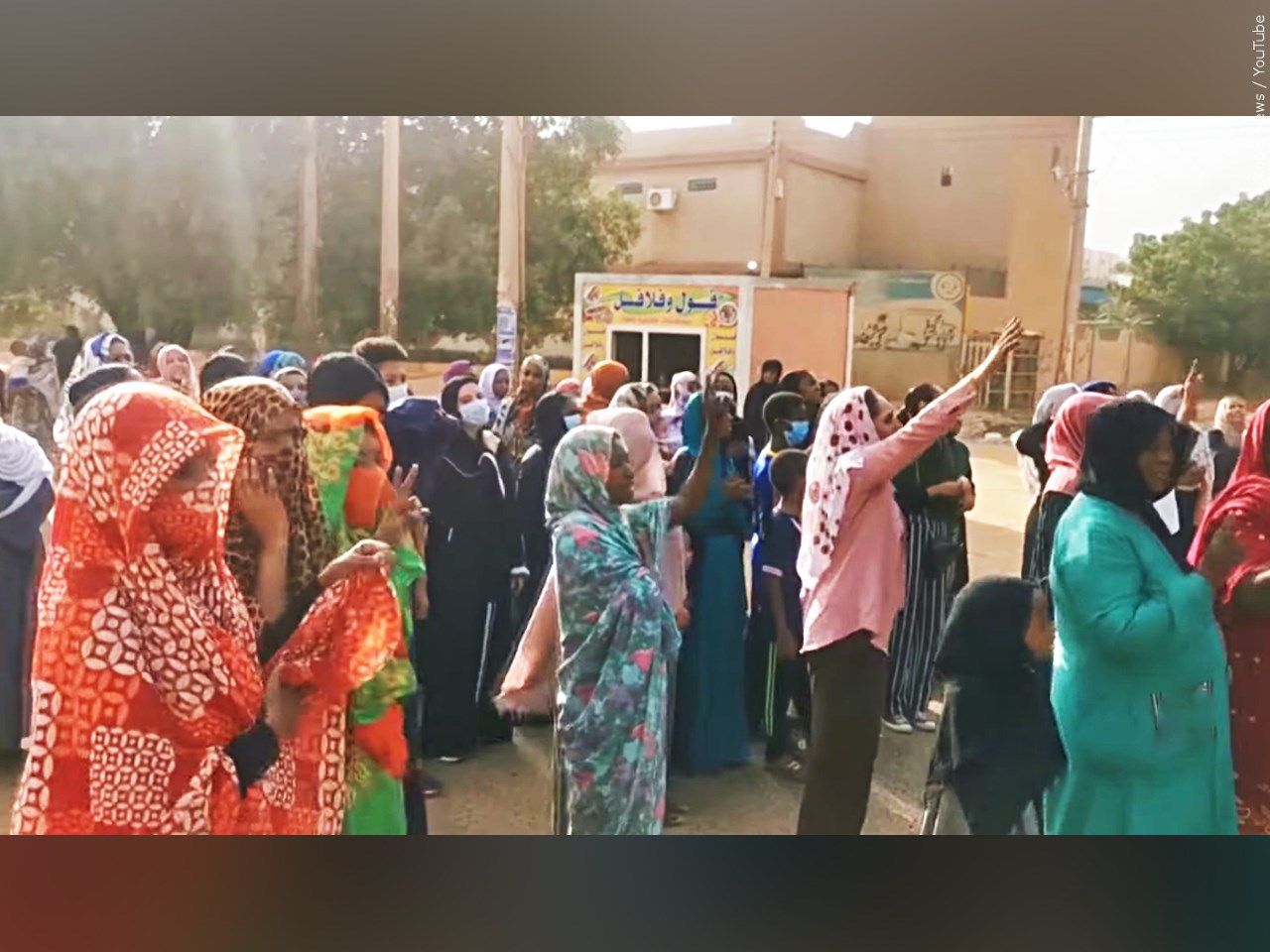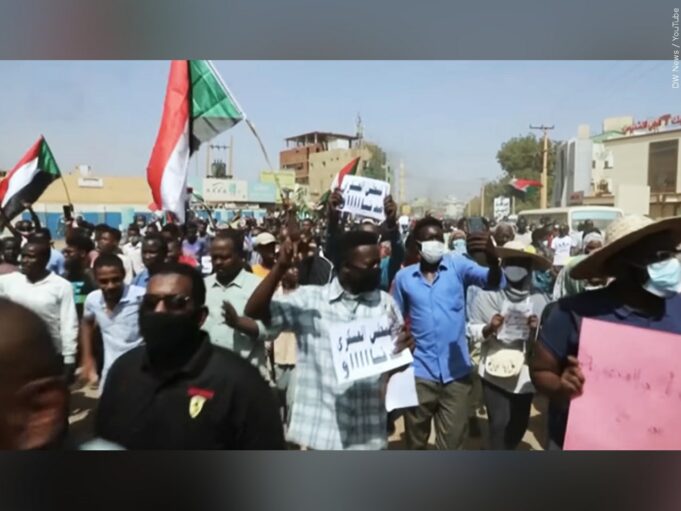The Monday designated a federal holiday for Dr. Martin Luther King Jr., was the day the United Nations, as the result of horrific violence perpetrated by Sudan security forces, cited seven people killed and dozens injured “when security forces brutally dispersed demonstrators in the capital, Khartoum.”

On that same day my activist wife, Zakia Sadeeg, was filming on her cell phone demonstrators heading in the direction of Sudan’s military headquarters. Suddenly, she screamed, “Oh my God!” three times in English after describing the peaceful actions of the protestors in Arabic. She later said her use of English as a “knee-jerk response” to an unexpected, horrific occurrence.
On her Facebook page, she posted video that captured several loud bangs followed by plumes of smoke, apparently the result of tear gas canisters barely missing her and being fired at peaceful demonstrators.
According to the UN office of human rights in Sudan, “more than a quarter of those injured were hit directly by teargas canisters, raising concerns that security forces are firing canisters horizontally, and at individuals, in violation of international standards.”
UN Spokesperson Ravina Shamdasani said the human rights situation in Sudan continues to be of serious concern, with peaceful protestors killed or injured on a near-daily basis and an intensifying clampdown on critics and independent journalists.
The spokesperson added, “Credible statistics … show 71 people have been killed, and more than 2,200 injured by security forces during protests in the wake of the October 25 military coup, which saw the end of transitional power-sharing with civilian representatives.”
“We repeat our call on the Sudanese authorities to immediately cease the unnecessary and disproportionate use of force—including the use of live ammunition—against peaceful protesters,” said Shamdasani, speaking in Geneva.
Shamdasani told Voice of America, “It is crucial that these (independent) investigations take place. In fact, this is one of the calls of the protestors as well. They are calling for an investigation of civilian rule and they are calling for accountability. And every time there are additional killings, additional violence against peaceful protesters, it emboldens the protest movement and there are further protests, further violence.”
This is clearly not the path to the restoration of sustainable, peaceful civilian rule in Sudan, she argued.

A pro-democracy group, the Central Committee of Sudan Doctors, reported that those killed were between the ages of 19 and 40 and were shot in the pelvis or chest.
The doctors’ group, in a statement, said they would withdraw from hospitals associated with the military, police and other security agencies.
The protest movement’s response to Monday’s violence, Jan. 17, against nonviolent peaceful protestors was to shut down the country and set up barricades at major intersections.
My wife Zakia filmed about 10 young men lifting a huge concrete barricade, which had to be over a thousand pounds and about ten feet in length. The security forces removed small individual brick barricades that were set up, she noted. But she told me, “Let’s see them remove these barricades.” This is happening all over the city, she added.
Reuters news service reported, “Protestors erected barricades across roads in Sudan’s capital city Khartoum on Tuesday (Jan. 18) and … shops and offices were shut as a two-day general strike and civil disobedience campaign began in response to demonstrators’ deaths.”
The neighborhood resistance committees, according to Zakia as well as political parties, called for the strike after Jan. 17 causalities perpetrated by security forces against peaceful demonstrators.
The protest movement is demanding that the military forces return to their barracks and quit politics completely.
“It is our duty to resist them until we are victorious or they rule an empty country after they have killed us all,” the Khartoum State resistance committees said in a statement.
Follow @jehronmuhammad on Twitter.













